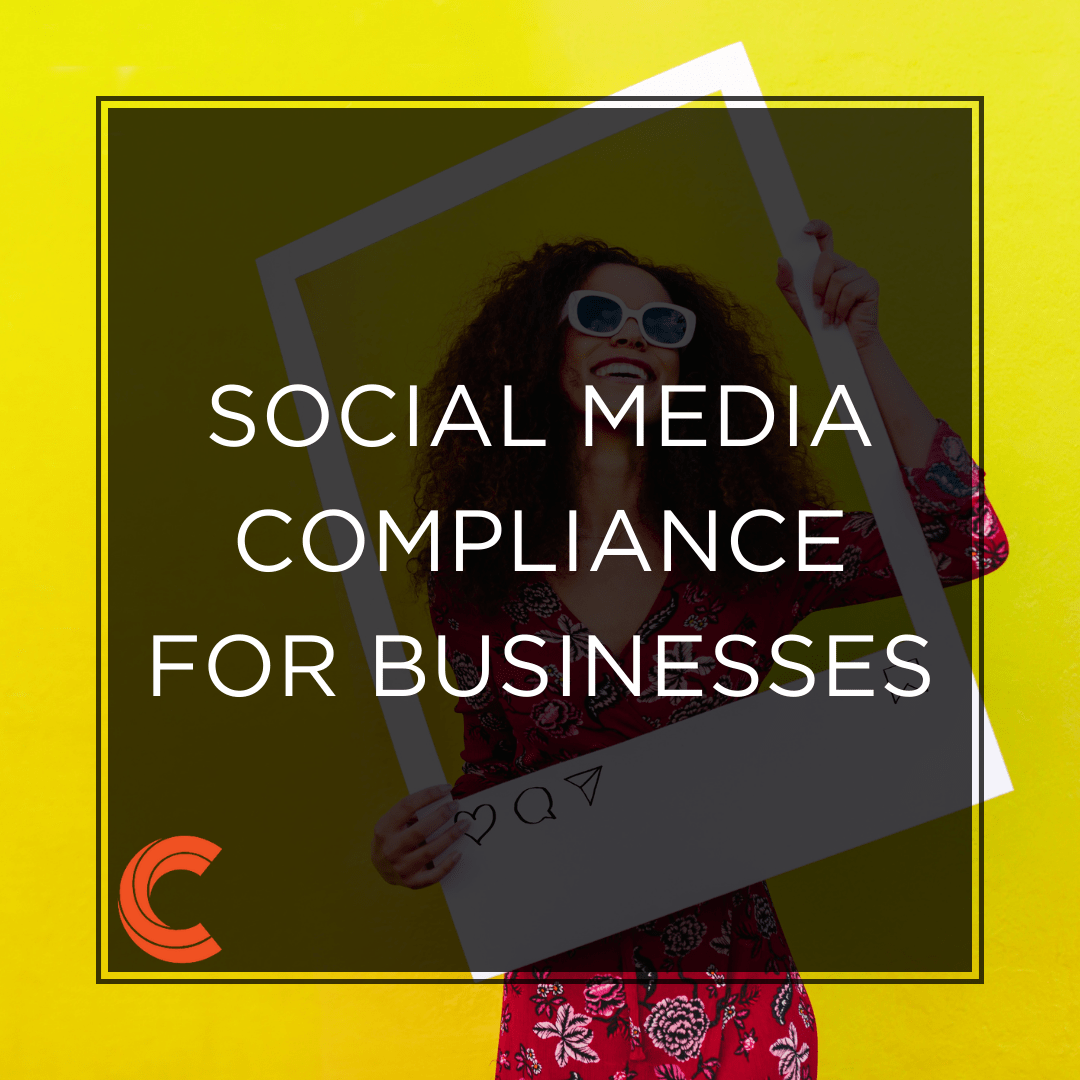Social media has become a crucial tool for businesses. It offers vast opportunities for marketing and customer engagement. However, it also presents unique compliance challenges. Understanding these issues is vital for protecting your business.
Why Social Media Compliance Matters
Social media compliance involves following laws and regulations in your online activities. Failing to comply can lead to:
- Legal issues
- Damaged reputation
- Financial penalties
- Loss of customer trust
Key Areas of Social Media Compliance
Let’s explore the main compliance areas businesses need to consider:
1. Advertising and Marketing Regulations
Social media posts often serve as advertisements. They must comply with advertising laws.
Key points:
- Disclose paid partnerships clearly
- Avoid false or misleading claims
- Follow industry-specific regulations (e.g., financial services, healthcare)
2. Copyright and Intellectual Property
Respecting others’ intellectual property is crucial on social media.
Best practices:
- Use only content you have rights to
- Credit sources properly
- Obtain permissions for user-generated content
3. Privacy and Data Protection
Handling user data on social media requires careful consideration.
Important steps:
- Create a clear privacy policy
- Obtain consent for data collection
- Protect user information
- Comply with laws like GDPR and CCPA
4. Employee Use of Social Media
Employee social media activity can impact your business.
Guidelines to consider:
- Develop a social media policy for employees
- Train staff on proper social media use
- Define boundaries between personal and professional accounts
5. Financial Disclosures
For public companies, social media posts can affect stock prices.
Compliance measures:
- Follow SEC guidelines for financial disclosures
- Ensure all material information is disclosed properly
- Be cautious with forward-looking statements
6. Industry-Specific Regulations
Some industries have additional social media compliance requirements.
Examples:
- Healthcare: HIPAA compliance for patient privacy
- Financial services: FINRA regulations on communications
- Education: FERPA rules for student information
Creating a Social Media Compliance Strategy
To ensure compliance, follow these steps:
- Develop a comprehensive social media policy
- Train employees on compliance issues
- Monitor social media activity regularly
- Keep records of social media posts
- Stay updated on relevant laws and regulations
Tools for Social Media Compliance
Several tools can help manage social media compliance:
- Social media management platforms
- Content approval workflows
- Archiving solutions
- Social listening tools
- Employee training programs
Common Social Media Compliance Pitfalls
Avoid these frequent mistakes:
- Ignoring industry-specific regulations
- Failing to disclose sponsored content
- Sharing confidential information
- Neglecting to monitor employee social media use
- Overlooking international compliance requirements
The Role of Legal Counsel
Given the complexities of social media compliance, legal guidance is often necessary. Firms like Carbon Law Group can provide valuable assistance in developing compliant social media strategies.
Best Practices for Social Media Compliance
Follow these tips to maintain compliance:
- Be transparent in all communications
- Respond promptly to user concerns
- Regularly review and update your social media policy
- Document your compliance efforts
- Stay informed about changing regulations
Handling Social Media Crises
Even with precautions, issues can arise. Be prepared by:
- Creating a crisis management plan
- Designating a response team
- Practicing quick, honest communication
- Learning from past incidents
The Future of Social Media Compliance
As social media evolves, so do compliance challenges. Stay ahead by:
- Monitoring emerging platforms
- Adapting to new features and functionalities
- Anticipating regulatory changes
- Investing in ongoing training and education
Conclusion: Balancing Opportunity and Responsibility
Social media offers immense potential for businesses. However, it comes with significant compliance responsibilities. By understanding these requirements, you can harness social media’s power while minimizing risks.
Remember, social media compliance is an ongoing process. Regularly review and update your strategies to stay current with changing laws and platform features.
Implementing a robust compliance program may seem daunting. However, it’s essential for protecting your business and building trust with your audience.
Consider working with legal professionals to ensure your social media practices meet all necessary requirements. This investment can save you from costly mistakes in the long run.
By prioritizing compliance in your strategy, you create a foundation for sustainable, responsible growth. You’ll be well-positioned to leverage social media’s benefits while safeguarding your business interests.
Embrace the opportunities of social media, but do so with a clear understanding of your compliance obligations. This balanced approach will help your business thrive in the digital age.





